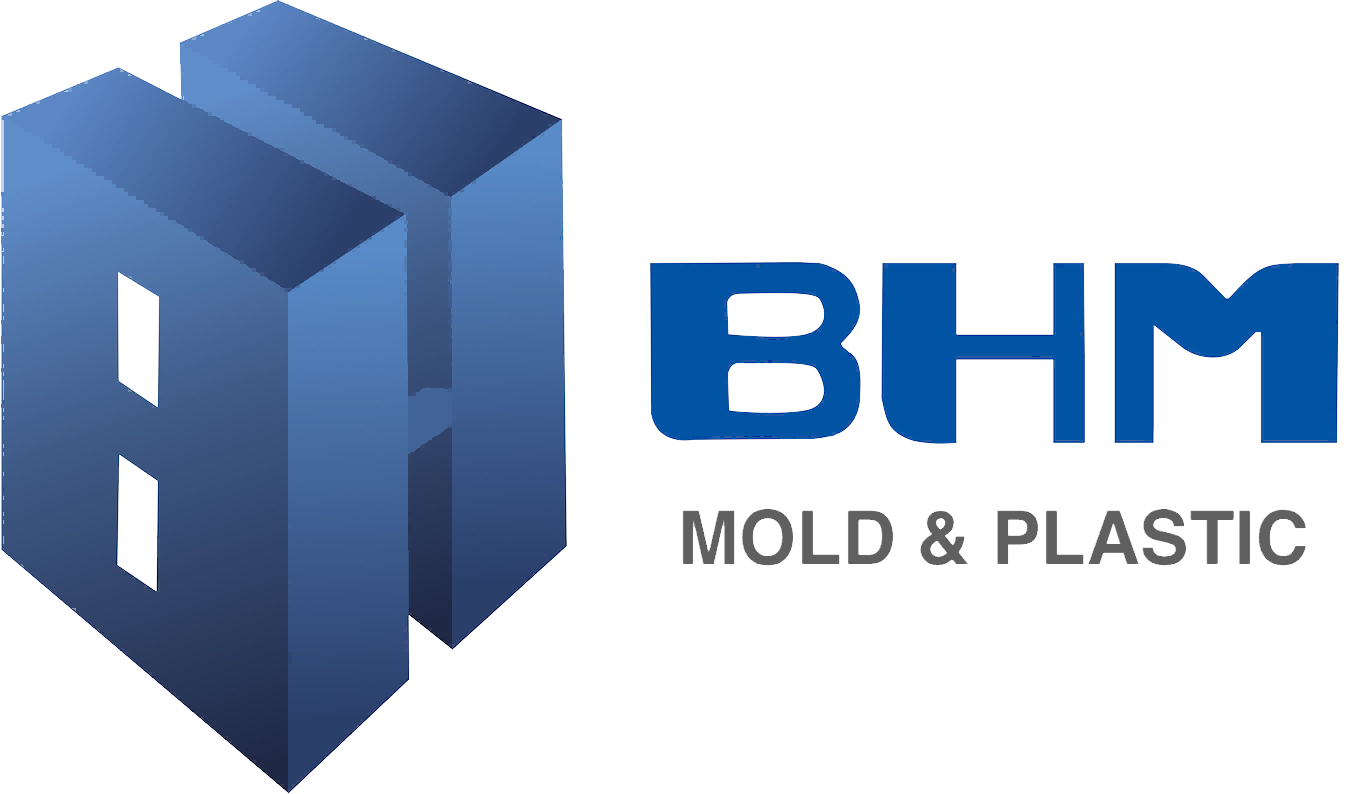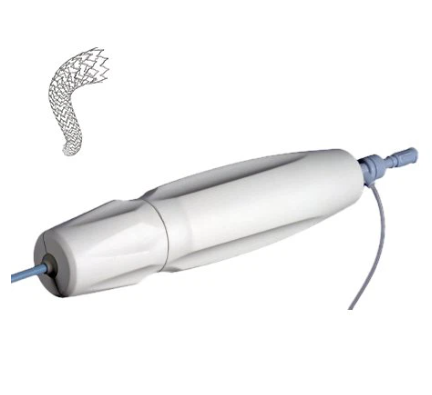Understanding OEM Toolingâs Role in Manufacturing
Defining OEM Tooling and Its Core Functions
OEM tooling plays a really important part in manufacturing processes, helping produce those specialized parts needed across sectors such as cars, planes, and gadgets we use daily. Basically, it's all about making molds, dies, and various tools that allow companies to churn out products at scale while keeping costs down. How well these tools are designed affects everything from how good the final product looks to when it gets made and how smoothly the whole production runs. When manufacturers invest in top notch OEM tooling, they get components that keep hitting those tough industry specs time after time. This matters a lot because meeting those exacting standards helps businesses stay ahead of competitors who might be cutting corners somewhere else.
The Connection Between Tooling and Product Outcomes
OEM tooling quality really matters when it comes to how accurate the dimensions are and what kind of surface finish ends up on the finished product. Studies show good quality tooling cuts down defects somewhere around half, which means happier customers and fewer returns. When manufacturers get a handle on how tooling affects what comes out of the production line, they're better positioned to decide where to spend money on tooling upgrades. Better tooling helps streamline operations while keeping product quality consistent. And let's face it, nobody wants to deal with poor quality stuff that breaks down or looks bad after purchase. Maintaining solid product standards isn't just good business practice, it's basically table stakes these days if companies want to keep their name respected and customers coming back for more.
Economies of Scale in Material Procurement
OEM tooling gives manufacturers a real edge when it comes to getting good deals on materials. When companies buy their supplies in big quantities, they often see substantial savings on what they spend for raw materials. Working closely with suppliers becomes much easier too. Big orders mean manufacturers have more leverage at the negotiating table, which typically translates to better pricing and healthier bottom lines. Industry data shows that factories using OEM tooling for mass production can cut their material expenses by around 20%, making smart procurement not just a cost saving measure but a competitive necessity in today's market.
Minimizing Waste Through Precision Manufacturing
When it comes to cutting down on waste and getting the most out of raw materials, precision manufacturing with OEM tooling makes all the difference. Modern tech such as CNC machines and 3D printers really help here, slashing scrap production while making things greener overall. Take a look at what happens when businesses adopt these precision tools their material waste drops around 30% in many cases. That kind of reduction saves money month after month and does wonders for sustainability goals too, since less wasted material means fewer resources going into landfills and processing plants.
Reducing Long-Term Maintenance and Replacement Costs
When businesses invest in good quality OEM tooling, they end up with tools that last longer between maintenance sessions and replacements, which saves money in the long run. Taking care of these tools properly means they stay functional for years instead of breaking down constantly. Most shops find that regular cleaning, lubrication checks, and timely part replacements keep their OEM equipment running smoothly. According to industry reports, manufacturers who stick with proper maintenance schedules on their OEM tools typically see around a 25 percent reduction in overall costs when compared to companies that go for budget options just to save upfront cash. The combination of these financial benefits plus better day-to-day operations makes spending on solid OEM tooling an obvious decision for most plant managers concerned about controlling expenses month after month.
Precision Engineering for Complex Product Designs
When it comes to making those really complicated parts that fit exact design specs, specialized OEM tooling just can't be beat. These OEM shops bring something different to the table because they have deep knowledge and hands-on experience with tricky manufacturing problems. The folks who actually work on these projects know that getting the measurements right from the start saves companies tons of money down the road. Some studies show around a 40% drop in rework costs when precision matters most. What this means in practice is fewer headaches for everyone involved when dealing with tight tolerances and unusual material combinations. Specialized skills aren't just nice to have they're basically required if manufacturers want to consistently hit those tough design targets without breaking the bank.
Consistent Production Standards Across Batches
OEM tooling makes all the difference when it comes to keeping production standards consistent across different manufacturing runs, which ultimately means products come out looking and performing the same every time. Take pharmaceutical companies or car makers for instance - small variations in their products can actually cause big problems down the line. Manufacturing surveys show that sticking to consistent standards helps protect brand reputation while cutting down on recalls by around 30-35%. For manufacturers, this kind of consistency isn't just nice to have, it's practically essential if they want customers to trust what comes off their assembly lines week after week.
Compliance with Industry-Specific Regulations
When it comes to OEM tooling, manufacturers often design these tools to follow strict industry rules so their products actually meet safety and quality requirements. The problem is regulations keep changing all the time. That's why working with an OEM that knows compliance inside out becomes really important for avoiding legal headaches and keeping production running smoothly without interruptions. Companies that invest in compliant OEM tooling see some serious results too. Studies indicate they cut down on regulatory fines by more than half compared to those who don't prioritize this aspect. Beyond just avoiding penalties, there are tangible benefits like better product consistency and fewer recalls when regulations shift unexpectedly.
Cost Efficiency in High-Volume Production
A major benefit of working with OEM tooling comes down to money savings, particularly when companies need to produce lots of parts. When they hand over tooling responsibilities to an OEM partner, manufacturers typically see much lower costs per item produced. The biggest advantage? No need to spend big bucks on equipment upfront or worry about all those extra costs associated with running a dedicated facility. Industry numbers back this up too – most companies report around 15 to 30 percent savings when going the OEM route for big production runs. For businesses dealing with massive order volumes, these kinds of savings make all the difference between staying competitive and falling behind in today's tight manufacturing market.
Quality Control Capabilities and Technical Expertise
Working with OEM providers gives access to technical knowledge and quality control standards that most companies can't match when making tools internally. These outside experts really know their stuff when it comes to particular tooling methods, which helps ensure better results because they follow strict quality checks throughout production. On the flip side, when companies try to handle everything themselves, they often miss out on cutting edge technology and deep industry experience. This gap tends to show up as higher numbers of defective products over time. Looking at actual industry data, businesses that partner with OEMs generally see much more consistent product quality and fewer defects overall. That makes sense since these providers have spent years developing their specialized skill sets specifically for tooling applications.
Selecting Suppliers with Proven Industry Experience
When it comes to OEM partnerships, going with suppliers who know their stuff in the industry really makes a difference in getting good value out of these relationships. The whole process of picking OEM partners means looking closely at who we're working with, checking if they've got a history of being dependable and delivering quality service over time. Companies that team up with seasoned suppliers tend to face fewer headaches down the road while making their supply chains run smoother. Studies show there's some real weight behind this strategy too companies that work with knowledgeable OEMs usually perform better overall and save money somewhere between 15-20% on average. All these advantages point to why smart businesses focus so much on finding those suppliers who have actually proven themselves in the field through years of actual experience.
Implementing Rigorous Quality Assurance Protocols
Having solid quality assurance protocols makes all the difference when working with original equipment manufacturer tooling in production settings. When companies put real effort into standard QA procedures, they cut down on those costly product recalls and build stronger relationships with customers who actually want reliable goods. Some industry reports indicate that manufacturers who invest properly in their QA systems typically experience around a quarter fewer defects overall, which speaks volumes about proper oversight. The bottom line? Good quality control isn't just about ticking boxes - it's what keeps products meeting those tough industry standards while protecting company reputations and keeping clients happy. Businesses that take quality seriously tend to outlast competitors in tough market conditions simply because their stuff works better and lasts longer.
Building Long-Term Collaborative Relationships
Building strong, lasting partnerships with OEMs remains crucial for ongoing success and innovation within tooling operations. When manufacturers establish trust with their OEM counterparts around common objectives, it naturally leads to better improvements across the board. Regular check-ins and open lines of communication help solve problems faster while keeping everyone aligned with what needs to get done. Industry research shows that firms maintaining solid OEM relationships typically see around 30% boosts in project efficiency simply because teams work together more effectively. For companies willing to put in the effort upfront, these connections pay off handsomely over time with streamlined workflows and steady progress in both tooling development and overall manufacturing capabilities.
FAQ
What is OEM tooling?
OEM tooling refers to the creation of molds, dies, and other tools necessary for mass production, primarily used in industries like automotive, aerospace, and consumer electronics to produce specific components effectively.
How does OEM tooling affect product quality?
The quality of OEM tooling directly influences the dimensional accuracy and surface finish of the final product, reducing defects by up to 50% and ensuring consistent high standards across production batches.
What are the cost benefits of using OEM tooling?
OEM tooling allows manufacturers to achieve economies of scale, reducing material costs by buying in bulk, minimizing waste, and lowering maintenance and replacement expenses over time.
Why is precision engineering important in OEM tooling?
Precision engineering is essential for OEM tooling as it enables the production of complex components with high accuracy, reducing rework costs and meeting intricate design specifications.
How can businesses optimize OEM partnerships?
By selecting experienced OEM suppliers, implementing rigorous quality assurance protocols, and fostering long-term collaborative relationships, businesses can maximize value and drive efficiency in tooling processes.
Table of Contents
-
Understanding OEM Tooling’s Role in Manufacturing
- Defining OEM Tooling and Its Core Functions
- The Connection Between Tooling and Product Outcomes
- Economies of Scale in Material Procurement
- Minimizing Waste Through Precision Manufacturing
- Reducing Long-Term Maintenance and Replacement Costs
- Precision Engineering for Complex Product Designs
- Consistent Production Standards Across Batches
- Compliance with Industry-Specific Regulations
- Cost Efficiency in High-Volume Production
- Quality Control Capabilities and Technical Expertise
- Selecting Suppliers with Proven Industry Experience
- Implementing Rigorous Quality Assurance Protocols
- Building Long-Term Collaborative Relationships
- FAQ

